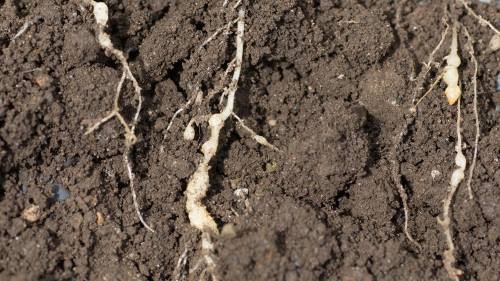
Getting ahead
Clubroot was confirmed in a limited number of canola fields in Saskatchewan last year in the northwest and north central areas of the province.
Provincial plant disease specialist Barb Ziesman says the disease is easier to manage when it is detected early.
"It gives us a chance to implement proactive management practices and enable us to continue to grow canola with minimum yield impact," Ziesman says.
The survey will be conducted in higher risk regions, such as areas near the Alberta and Manitoba borders. In all, 1,800 fields will be randomly selected. There will be one field surveyed in each township to gain a better understanding of the distribution and severity of clubroot.
The testing will be conducted by Ministry of Agriculture employees. Canola plants will be pulled and soil samples taken at the field entrance since this is where clubroot is most commonly first identified.
If there are visible signs of galls on the plant roots, additional samples will be taken at 10 other locations in the field.
Soil samples will be tested in a lab to determine if there are low levels of clubroot pathogen in the soil.
Making a clubroot map
"The plan is to make producers aware of the risk in the different regions," Ziesman says. "There will be a clubroot map similar to those released in Alberta and Manitoba."
The Ministry of Agriculture will work with researchers and grower groups, such as SaskCanola to ensure the information is released in a meaningful manner.
Source : fcc